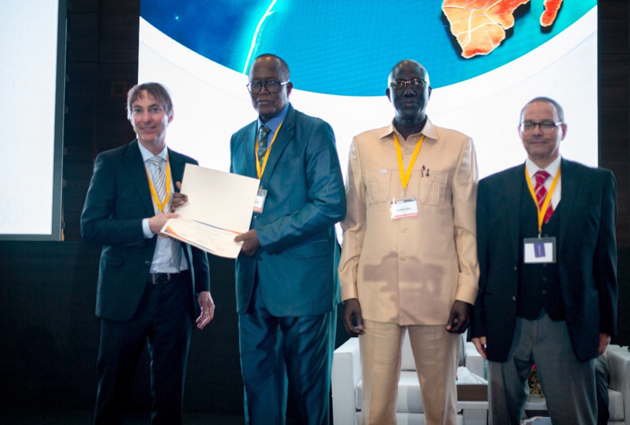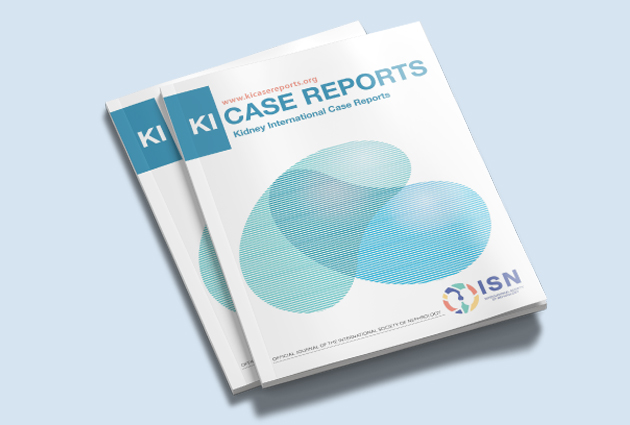Letermovir Non-inferior to Valganciclovir for CMV Prophylaxis, With Lower Leukopenia Rates
ISN-ACT Global Trials Focus Subgroup member Maria Chiara Pelle summarizes the design and outcomes of one of the ISN-ACT Global Trials Focus’ latest trial selections.
Read all the latest global trial selections from the ISN-ACT initiative here. The “trial of the month” is available in several languages.
Letermovir vs Valganciclovir for Prophylaxis of Cytomegalovirus in High-risk Kidney Transplant Recipients
A randomized clinical trial
Summary
This double-blinded trial compared valganciclovir prophylaxis with an alternative antiviral therapy, letermovir, in cytomegalovirus (CMV)-seronegative adults who received an organ from a CMV-seropositive kidney transplant donor.
Patients were divided into two groups: one (n=289) receiving valganciclovir 900 mg orally daily (adjusted for renal function), and the other group (n=289) receiving letermovir 480 mg orally daily for up to 200 days after transplantation.
The letermovir group also received acyclovir 400 mg twice daily as, unlike valganciclovir, letermovir does not protect against herpes simplex virus or varicella-zoster virus. Letermovir was non-inferior to valganciclovir for prevention of CMV disease through 52 weeks (10.4% vs 11.8%, difference −1.4%; 95%CI −6.5% to 3.8%).
Time to CMV disease onset was also comparable between groups. There was a lower rate of leukopenia or neutropenia through week 28 with letermovir (26% vs 64%).
Commentary
CMV infection is a major cause of morbidity and mortality in kidney transplant recipients, above all in those who receive an organ from a CMV-seropositive donor.
The current standard of care for prophylaxis of CMV disease is oral valganciclovir, 900 mg daily for 200 days after transplant. However, valganciclovir leads to myelosuppression with leukopenia and neutropenia, which can interrupt or discontinue CMV prophylaxis.
Letermovir is an alternative antiviral therapy approved by the US Food and Drug Administration and the European Medicines Agency for prophylaxis of CMV infection and disease in adult CMV-seropositive recipients of an allogeneic hematopoietic stem cell transplant.
This trial showed that letermovir was non-inferior to valganciclovir for prophylaxis of CMV disease in adult CMV-seronegative renal transplant recipients who received an organ from a CMV-seropositive donor, with lower rates of leukopenia or neutropenia, supporting its use for this indication.
Letermovir was generally well tolerated and safe without appearing to induce resistance. Limitations of this therapy include potential drug interactions and the need for acyclovir co-prescription.









